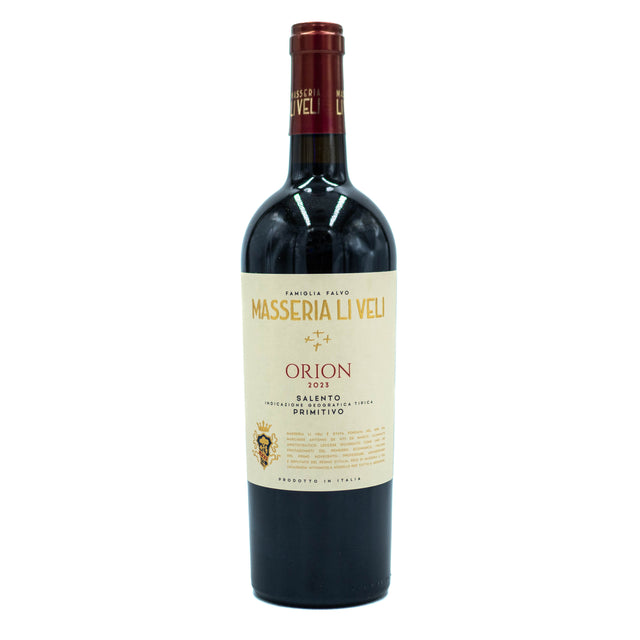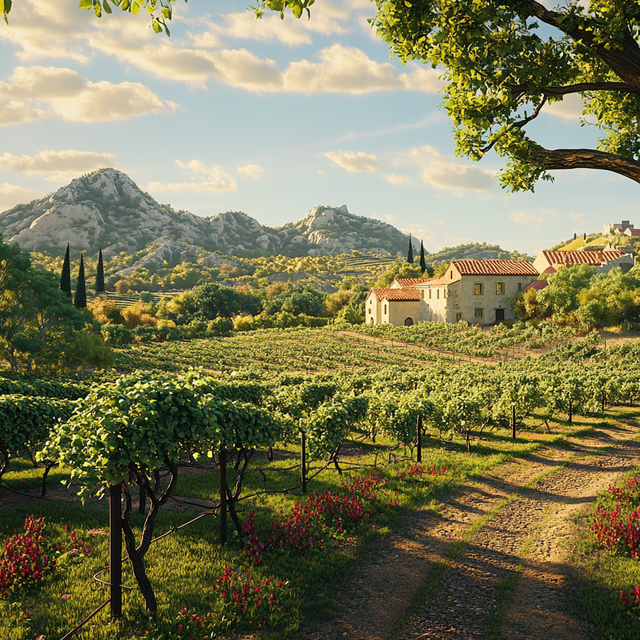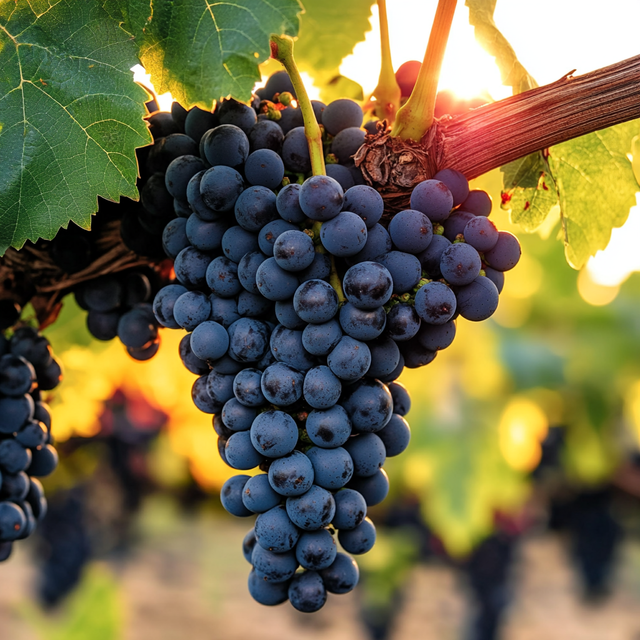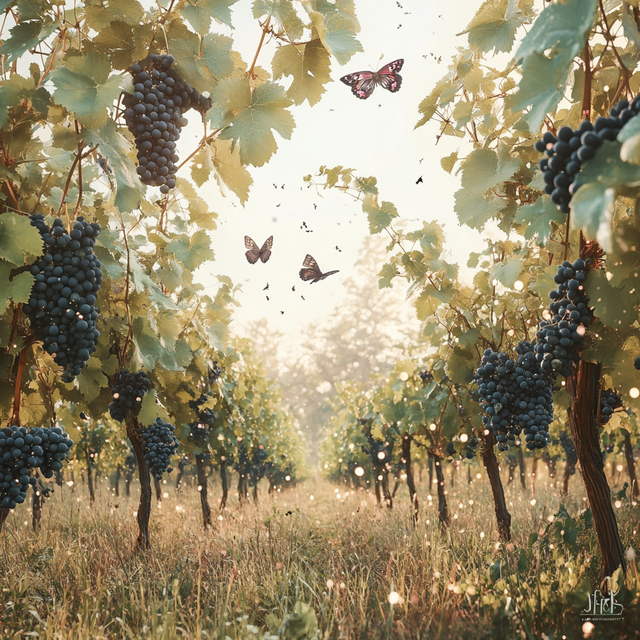Italy – South encompasses the sun-drenched regions of Campania, Puglia, Calabria, Basilicata, and Molise, where ancient vines thrive in volcanic soils, limestone hills, and coastal plains. Campania’s volcanic slopes around Vesuvius yield complex wines from Aglianico, Fiano, and Greco, while Basilicata’s high-altitude vineyards on Mount Vulture produce bold, age-worthy Aglianico del Vulture. Puglia stretches across fertile flatlands and limestone ridges, known for robust reds from Primitivo and Negroamaro. Calabria and Molise, though lesser-known, preserve a wealth of native varieties grown in rugged, mountainous terrain. Intense sun, varied altitudes, and ancient soils give Southern Italy’s wines their deep character, concentration, and sense of place.
Italy - South
Zinfandel, a red grape variety with a somewhat mysterious past, is most closely associated with California, where it has become a flagship grape. Genetically equivalent to Italy's Primitivo and Croatia's Crljenak Kaštelanski (and Tribidrag), Zinfandel's journey to California likely occurred in the mid-19th century. The grape thrives in California's warm climate, producing wines that range from sweet rosés (often labeled "White Zinfandel") to bold, full-bodied reds with flavors of blackberry, raspberry, and peach yogurt, often accompanied by higher alcohol levels. Zinfandel's ability to reflect its terroir, along with its versatility in winemaking, has made it a beloved and iconic grape in the American wine landscape.
Zinfandel
Certified Organic farming is an agricultural practice where vineyards adhere to strict regulations prohibiting the use of synthetic pesticides, herbicides, fungicides, and fertilizers. Instead, certified organic growers rely on natural alternatives, including compost, cover crops, and beneficial insects, to nourish the soil and manage pests. Certification requires compliance with established organic standards, typically verified by third-party agencies such as USDA Organic in the United States or EU Organic in Europe. This method emphasizes ecological balance, biodiversity, and sustainability, aiming to produce high-quality grapes and wines while reducing environmental impact and promoting long-term vineyard health. Organic farming is not allowed to use Glyphosate.





